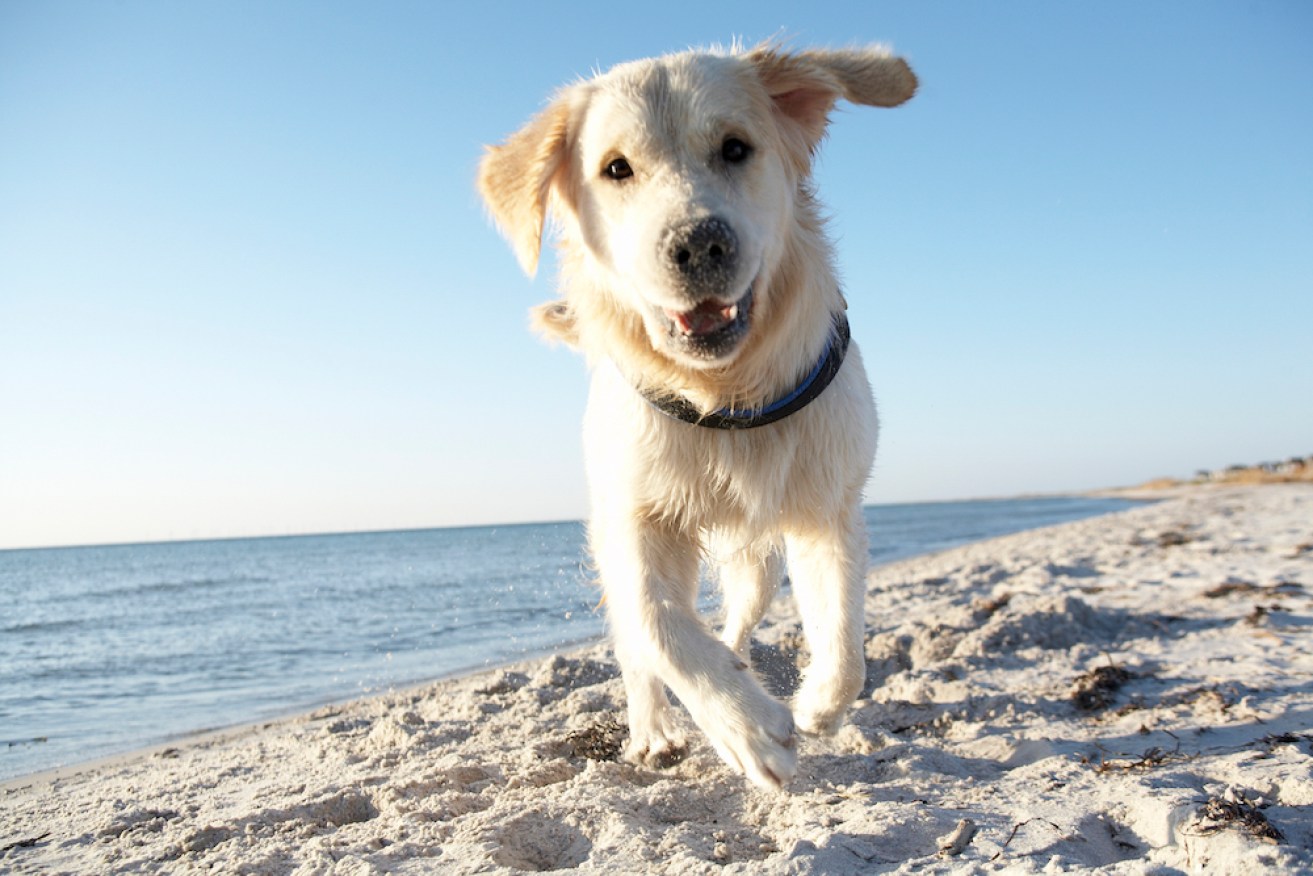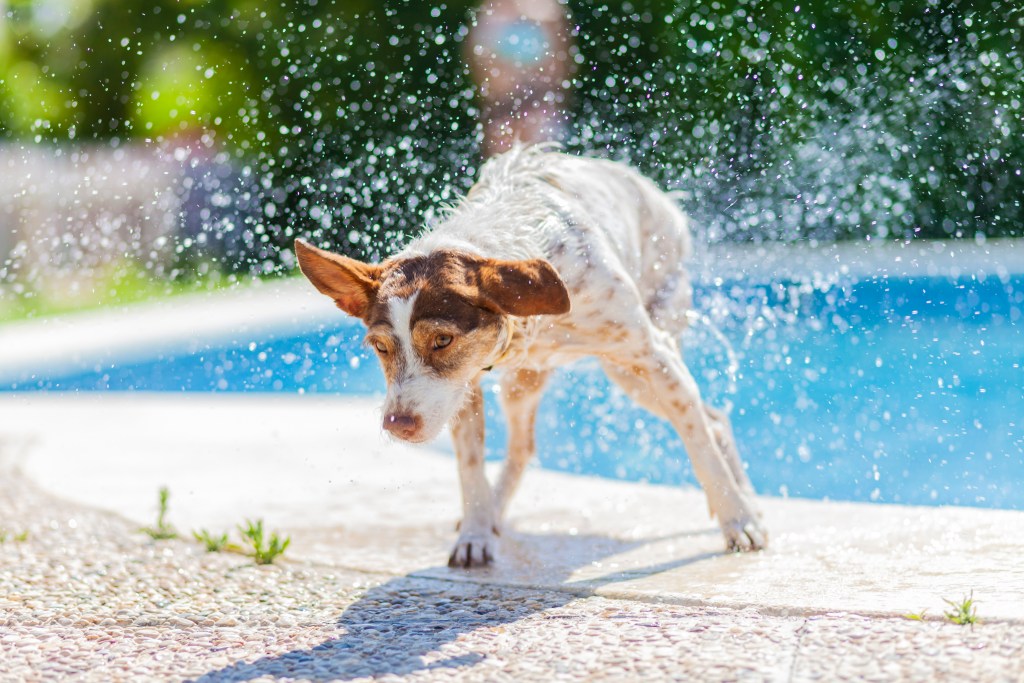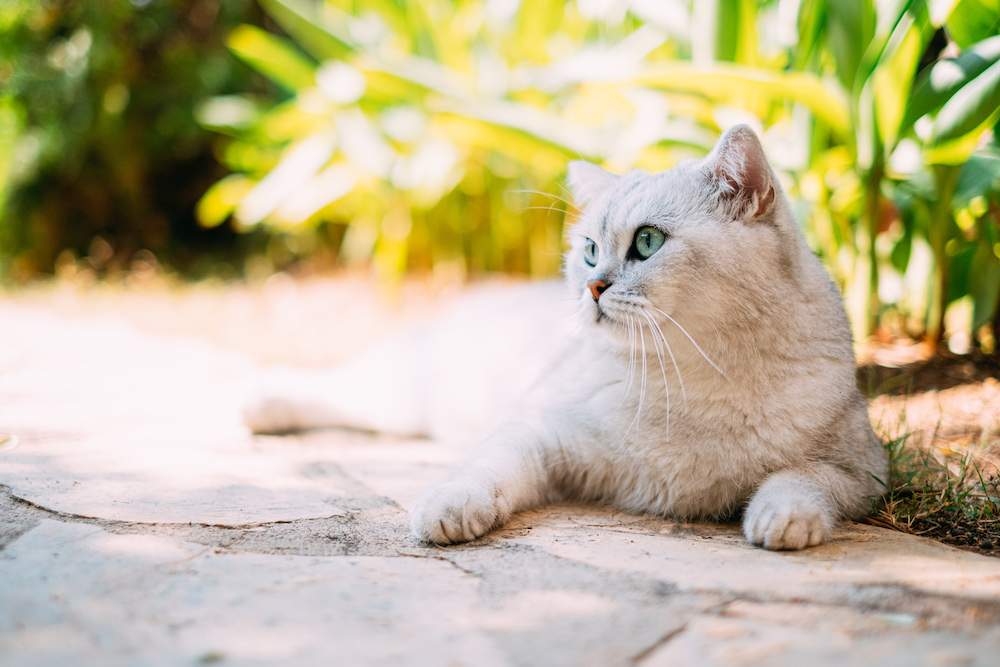How to keep pets safe and healthy during summer


As summer rolls around, it's important to keep pets healthy, cool and hydrated. Photo: Getty
It’s shaping up to be a scorching summer across most of Australia, with the threat of extreme heat, heatwaves and bushfires tough on humans and pets alike.
Pet owners are being encouraged to take extra steps to ensure the safety of their animals as the mercury starts to rise.
Petstock vet Dr Nick Emerton said when the mercury hits above 28 degrees Celsius, dogs can struggle to regulate their body temperature naturally by panting, which can lead to heatstroke.
Our animals can also suffer burns to their paw pads if the ground is hot due to the weather.
Luckily, Emerton has a few suggestions on how to best keep animals cool and healthy over the summer.

It’s important to keep pets cool in summer. Photo: Getty
How to help pets beat the heat
Shade and hydration is key for keeping pets safe and content in the summer.
It is best to ensure they have access to cool, shaded spots and a constant flow of clean and refreshing water.
Emerton suggested creating a pet-friendly oasis, if possible, with plenty of shade and water.
You can also keep pets cool with cooling toys, wading pools and damp towels, which can also keep them entertained.
Like small children, keeping pets in a hot car on a hot day is a big no.
Never leave pets alone in parked cars – even if the windows are cracked – on a hot day as it is just not worth the risk.
Instead, keep pets at home or bring them with you.
If it is too hot for you to sit in the car, then it is too hot for your pet, Emerton said.
Hot pavements can lead to a painful experience for pets. Use your hand to gauge if the ground is too hot for your pets’ paws.
When possible, try to go on walks in the morning or evening when the pavement is cooler, or walk on the grass.
Pets can also get sunburnt, so it is very important to ensure their sensitive areas are not exposed to UV rays.
Luckily, pet-friendly sunscreen is available.
Beware of heat-related illness
Pets are vulnerable to heat-related illnesses, so it is crucial to be aware of what can come about and what to do.
Beware of heat stress and heat stroke this summer and if any of the signs become apparent, take your pet to the vet immediately.

Make sure your pets have plenty of shade. Photo: Getty
Signs of heat stress and heat stroke
- Excessive panting
- Rapid heart rate
- Drooling
- Vomiting
- Diarrhoea
- Weakness
- Elevated body temperature.
If your pet is dehydrated, they might have sunken eyes, dry, sticky gums, lethargy or weakness.
If you fear your pet is dehydrated, call the vet for advice.
If your pet is limping or has red or blistered paw pads, you need to seek veterinary care promptly to assess and treat paw pad burns, Emerton said.
Likewise, it is important to consult a vet for severe sunburn or skin issues to prevent complications.
If your pet has red or pink skin, is excessively itching or their skin is peeling, they may be sunburnt.
How to help pets during an emergency
The unfortunate reality of summer in Australia are natural disasters, such as bushfires.
“Remember, your pets rely on you for their safety and wellbeing, especially during challenging weather conditions and natural disasters,” Emerton said.
“By taking proactive measures and being prepared, you can ensure your pets stay safe and comfortable throughout the summer.”
Prepare for the worst by having an emergency plan that includes your pets, and make sure all family members are aware of it.
Have the plan prominently displayed for all to see.
Make sure your pet can be properly identified with collars, tags and microchips, and make sure contact information is up to date.
Have a pet emergency kit on hand. This should include food, water, bowls, medication, vaccination certificates, blankets and essential supplies.
Always make sure your pet has access to clean water that can last for several days so your pet can stay hydrated, even if no one is home.
If you’re away, have a back-up caregiver who is familiar to your animals and make sure they have access to your home.
If you cannot take your pet with you in the event of an emergency, make sure you provide secure shelter, ample water, and enough food for several days.
If necessary, be aware of potential temporary housing options, which can include boarding facilities, animal care centres or pet-friendly evacuation centres.








